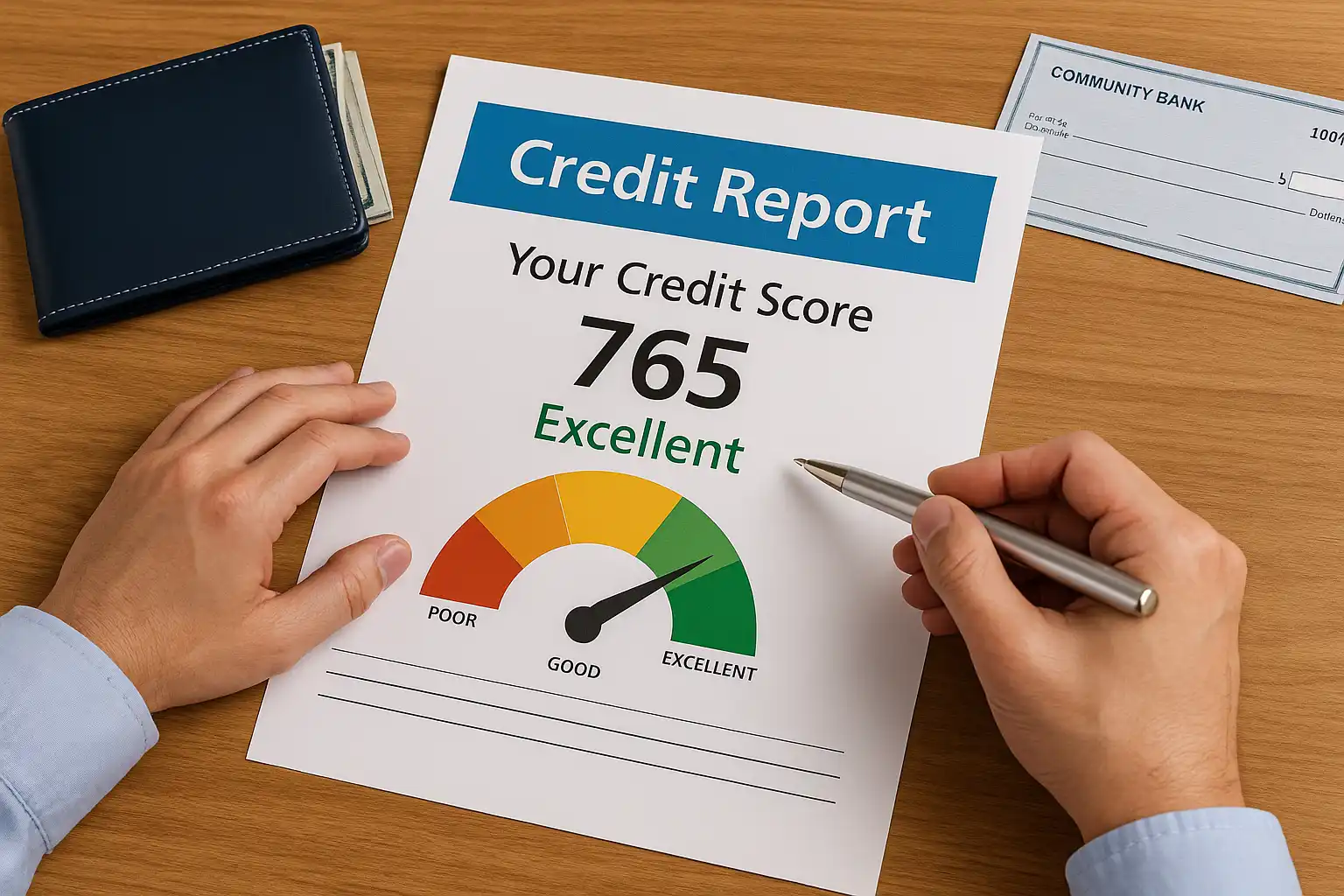Rebuilding credit with small loans is one of the most effective strategies for individuals in the US who want to recover from financial setbacks. After late payments, defaults, or bankruptcy, many consumers face challenges when trying to access new lines of credit. Small, secured, or installment loans can provide an entry point to prove reliability to lenders, while helping borrowers regain control over their financial history.
Credit recovery is not immediate, but small loans create a path toward stability. By making consistent, on-time payments, borrowers demonstrate responsibility, which improves credit scores over time. In this way, rebuilding credit with small loans becomes a structured, practical tool for people looking to reestablish their financial reputation and prepare for future opportunities.
How small loans support credit rebuilding

The main advantage of these products lies in their accessibility. Financial institutions are more willing to approve small amounts, especially when backed by collateral or linked to a savings account. This reduces lender risk and allows consumers with poor credit histories to reenter the financial system. At the same time, it teaches discipline, since repayment schedules must be respected to generate positive credit reporting.
Another important aspect is that these loans are often reported to major credit bureaus. As a result, every on-time payment contributes to a gradual improvement in credit profiles. While the amounts borrowed may be modest, the long-term impact of consistent repayments can be significant. That is why rebuilding credit with small loans has become an increasingly common strategy among American households.
Pros and cons of rebuilding credit with small loans
Before committing to this approach, borrowers should carefully weigh the benefits and potential risks. On one hand, small loans are easier to access, frequently reported to credit bureaus, and help instill positive repayment habits. Considering both sides allows consumers to make an informed choice about whether this strategy aligns with their financial situation.
| Pros | Cons |
|---|---|
| Easier approval compared to larger loans | Interest rates may be higher due to risk profile |
| Positive reporting to credit bureaus | Late payments can further harm credit |
| Teaches financial discipline and repayment habits | Loan amounts are often limited |
| Accessible through community banks and credit unions | May require collateral or secured accounts |
Common uses for small loans
Small loans are most effective when applied to essential or strategic needs. Borrowers should use them to cover expenses that cannot be postponed, while ensuring repayment will not become a burden. This approach maximizes the benefits of credit rebuilding and avoids additional financial pressure. Some of the most common uses for rebuilding credit with small loans include:
- Paying unexpected medical expenses
- Covering car repairs needed for work transportation
- Consolidating small debts into a single installment
- Handling emergency household expenses like utilities or repairs
By applying loans strategically, consumers ensure that borrowing contributes to long-term recovery instead of creating new challenges. This disciplined use strengthens the purpose of rebuilding credit with small loans as a foundation for stability.
Strategies to strengthen results
To maximize the benefits, borrowers should compare offers from different lenders, focusing on credit unions, community banks, or institutions that specialize in financial inclusion. Maintaining a strict repayment plan, avoiding unnecessary borrowing, and monitoring credit reports regularly are practices that accelerate recovery. Over time, these efforts reinforce trust with financial institutions and improve access to more favorable credit lines.
Is rebuilding credit with small loans worth it?
Rebuilding credit with small loans is not a quick fix, but it is a reliable method for consumers in the US to regain financial credibility. The discipline of repaying small amounts consistently demonstrates responsibility, gradually improving credit scores and opening doors to future opportunities.
For those committed to long-term financial health, this approach represents more than access to money—it is a stepping stone to stability. By aligning borrowing with essential needs and responsible habits, rebuilding credit with small loans proves to be a strategic first step toward a stronger financial future.





